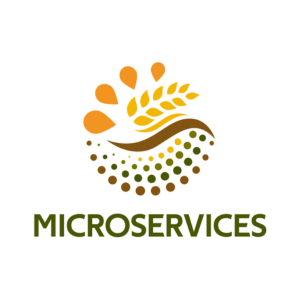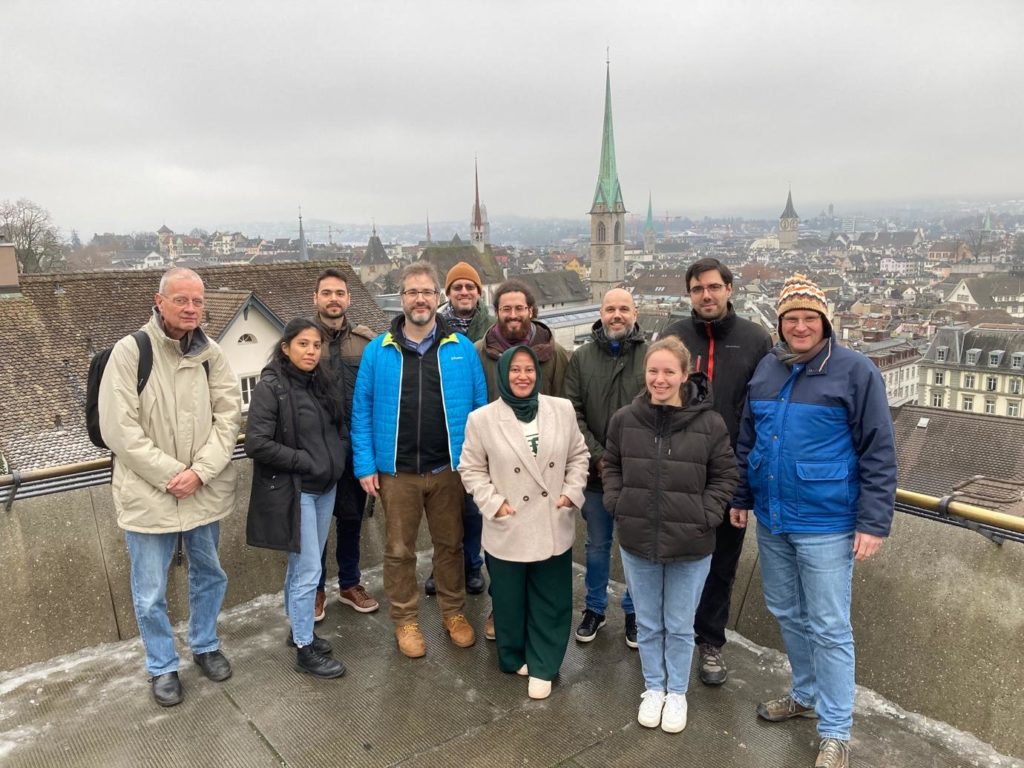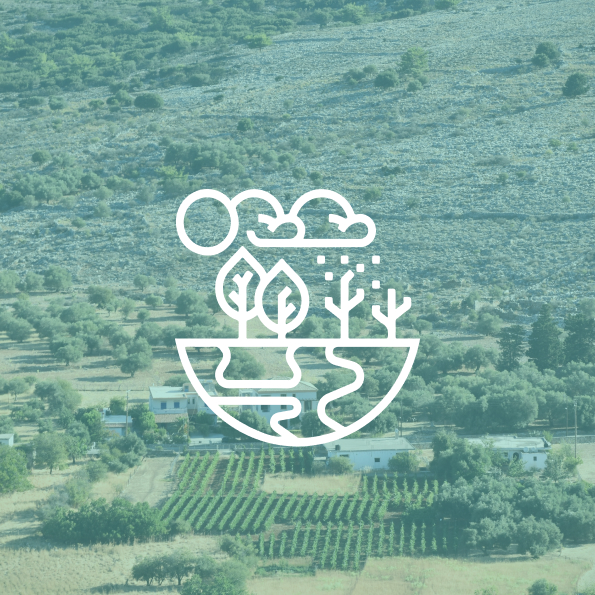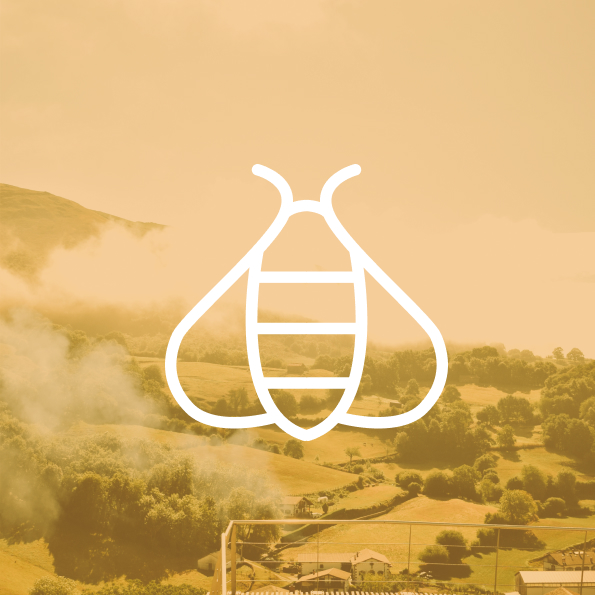
MICROSERVICES
Climate change exerts substantial pressure on Earth’s biodiversity and the multitude of ecosystems services it provides. This is particularly problematic for agroecosystems, where the accelerated pace of climate change combined with unsustainable land use directly threatens global food production.
Political actions such as the Sustainable Development Goals and the Aichi Biodiversity Targets that aim at quantifying and mitigating the impact of climate change and unsustainable management on biodiversity are not on track to be achieved in the near future.
One way to assist in achieving these goals is to harness microbial functions, i.e. those that are enhancing crop growth, nutrient use efficiency, abiotic stress resilience, disease resistance, and greenhouse gas mitigation, into agricultural production, while progressively decreasing the amount of chemical external inputs such a fertilizers and pesticides.
The extent to which climate change affects the microbiome of the plant-soil nexus is unclear and remains underrepresented in ongoing debates about climate change, global biodiversity loss and conservation policy.
MICROSERVICES will use a multi-domain approach to assess the impact of climate change on the crop-soil-microbiome nexus under various agricultural management regimes, with the aim to increase our capacity to predict and mitigate future climate change impacts on soil biodiversity and its cascading effects on agroecosystem functioning. Such knowledge will be key to develop a sustainable and climate-resilient agriculture.
Carried by an international consortium of experts across different disciplines, MICROSERVICES will
i) provide scientific insights into future impacts of climate change on the crop microbiome and associated ecosystem services,
ii) promote political and public awareness of the importance of microbial diversity for sustainable agriculture, and
iii) establish interactions between research institutions, agricultural stakeholders and policymakers to influence policy agendas at the national and European level.


This research was funded through the 2019-2020 BiodivERsA joint call for research proposals, under the BiodivClim ERA-Net COFUND programme, and with the funding organisations Swiss National Science Foundation SNSF (31BD30_193666), Agencia Estatal de Investigacion AEI (SPCI202000X120679IV0), Agence nationale de la recherche ANR (ANR-20-EBI5-0006), Federal Ministry of Education and Research BMBF (16LC2023A), and General Secretariat for Research and Innovation GSRI (T12EPA5-00075).



